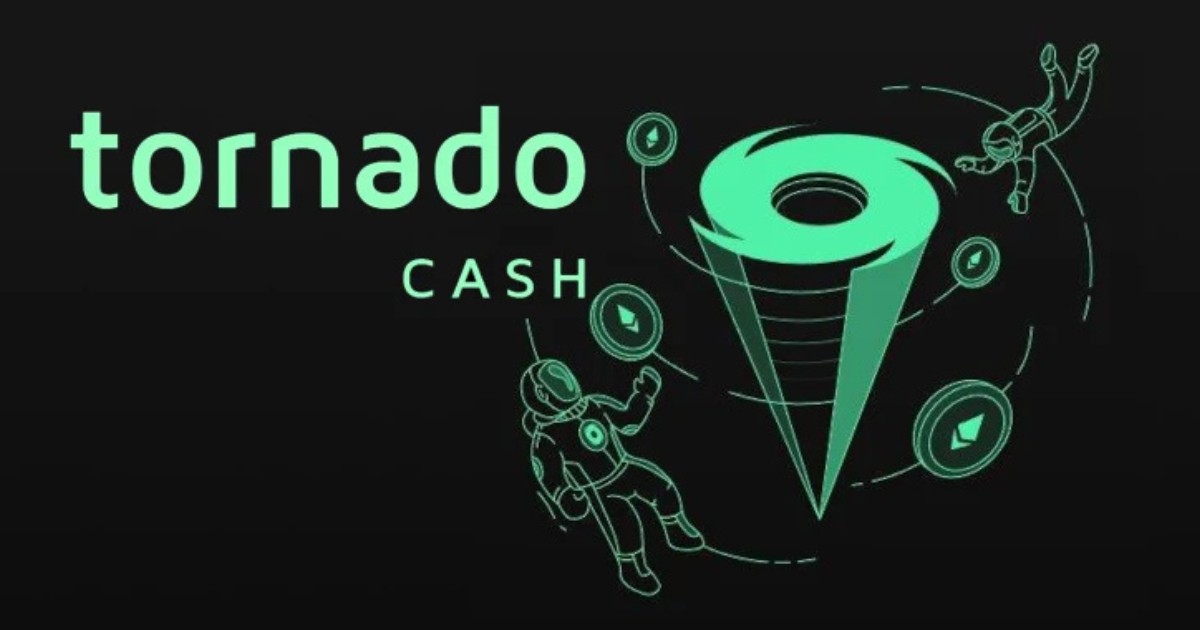Authorities are proceeding with the case against Tornado Cash developer Roman Storm. Regardless of recent changes in policy, the U.S. Department of Justice will go ahead with federal criminal charges.
This case stands out as an important point in crypto regulation and handling. This has come about as the DOJ changes its strategy toward crypto-related crimes under the Trump administration.
Key-Takeaways:
- The Justice Department has brought serious charges against a Tornado Cash developer, citing important cases of major illicit finance.
- The Tornado Cash case may define how crypto mixers are regulated and hold developers accountable in the future.
The Prosecution Continues but With Altered Charges

The way the case against Tornado Cash developer is handled has been updated. They have eliminated one of the charges against Janet, which was for operating a money-transmitting business without a license.
The DOJ continues to chase down the more significant allegations. They are concerned with money laundering and breaching sanctions.
In a letter to Judge Katherine Polk Failla, Jay Clayton, the Acting U.S. Attorney, confirmed the development. Mr. Roberts said the charge for not registering would be forgiven, but the case would proceed.
Tornado Cash founder Storm is still under accusation from the authorities. Prosecutors say he transferred money with the full awareness that it was from illegal activity.
Upon conviction, Storm could be sent to prison for many years due to the money laundering and sanctions charges. He entered a not guilty plea for all of the charges. His case will be heard in a New York federal court from July 14, 2025, onward.
What makes the case against Tornado Cash stand out is how it differs from the DOJ’s shifting tactics in dealing with crypto crimes. Despite some signs of changing attitudes, prosecution is still underway.
In April 2025, the Deputy Attorney General released a memo asking authorities to target those who use crypto for criminal purposes. As a result, it suggested that the Trump administration would be more open to crypto.
Though the treasury’s position on sanctions has relaxed, the case regarding the Tornado Cash developer is still ongoing. As a result, it stands out as an exception to the changes the DOJ has made recently.
The National Cryptocurrency Enforcement Team of the DOJ is no longer operating. It’s seen as a sign of the authorities now taking a less severe approach in handling crypto matters.
Under its new leadership, the SEC has also slashed back the number of lawsuits it initiates. These changes go against the steps his predecessor Gary Gensler tried to implement.
Lawyers acting for the prosecution argue that this case is not like most cryptocurrency cases. There is more to Storm’s situation than just an unregistered business.
They face accusations of laundering more than a billion dollars of stolen cash. Among them are funds linked to North Korean cybercriminals, and the DOJ has decided that these cases are serious enough to carry on with prosecutions.
The Background of the Sanctions for Tornado Cash

The case against Tornado Cash developer relies on earlier decisions made by the U.S. Treasury. Tornado Cash was blacklisted by the US government in 2022 after being accused of helping to move over $7 billion in suspicious funds.
The platform was designed to protect the identity of the senders and receivers of cryptocurrencies. It is claimed by prosecutors that this method made it possible for individuals to launder money, commit illegal acts, and get around sanctions.
Tornado Cash was quietly taken off the sanctions list by the U.S. Treasury in March 2023. This happened after the court decided that smart contracts under the control of the system could not qualify as property.
Even though Tornado Cash is no longer on the sanctions list, the prosecution of the developer is still ongoing. It points out that there are numerous and always-changing legal issues linked to crypto mixing services and their makers.
The case against Tornado Cash is related to efforts to legally go after one of Storm’s co-developers, Alexey Pertsev. The Dutch court found him guilty and sentenced him to over five years of imprisonment for building Tornado Cash.
Pertsev was placed under electronic monitoring in February as he applied for an appeal of the verdict. Such prosecutions point to a rise in international concerns about crypto mixers and their part in criminal activity.
The Effects for Crypto Developments in the Future

Crypto developers and those in the blockchain industry could see major repercussions depending on the outcome in the case against Tornado Cash. Such a case could create a new set of rules for the law’s handling of people who make privacy-focused tools.
Trying to find a good balance between driving innovation and stopping crime, authorities are confronted by this case. The findings might change how crypto laws are applied going forward.
Conclusion

Crypto regulation is being handled with a calm approach under the Trump administration, though the case against Tornado Cash is different. It makes clear that efforts to fight major illicit finance are still a primary concern for law enforcement.
How should this balance of innovation and enforcement be carefully maintained? Share your thoughts with us in the comments section.











